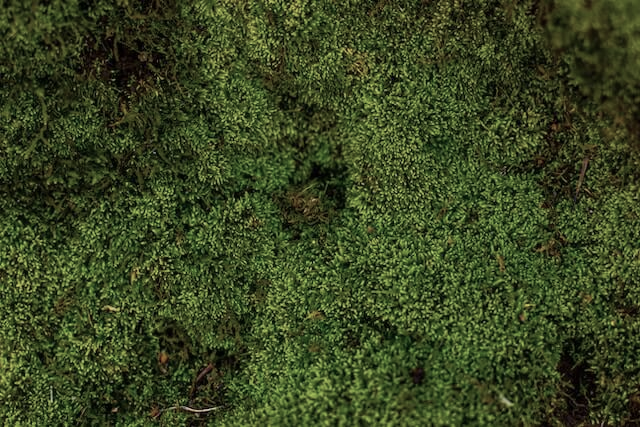
Moss grows and spreads quickly and can weaken your grass, so it’s important to treat it as soon as you spot it.
Moss can be particularly problematic during the winter months. The dark, wet conditions create an ideal environment for moss to thrive. Fortunately, moss can be treated during spring, autumn and winter.
Why it’s important to treat moss in winter
You might be tempted to retire your gardening gloves over the winter, but it’s actually really important that you don’t!
The grass on your lawn will likely grow a lot slower during this time, leaving it vulnerable to moss seizing its opportunity to take over.
How to treat moss in winter
During the autumn, before moss has the opportunity to spread throughout your lawn, apply a lawn fertiliser. This will help to keep your grass healthy so it can out-compete any moss growth in the winter.
Once winter has arrived, it’s a good idea to trim the top of your lawn on a dry day between December and February. Another round of lawn fertiliser at this point should do the trick to keep any moss at bay until you can properly remove it in the spring.
If you already have a moss problem, you can kill it with a variety of moss killer products available to the general public.
Be careful, though: if you’re applying moss killer to your grass, there is a risk of killing the grass itself. A cautious approach is recommended.
If you’re concerned about the growth of moss on your lawn and don’t want to chance ruining the grass, we at Total Weed Control can help. Our professional lawn care experts use a sulphate of iron lawn moss formula to treat moss and get it under control, without damaging any other plant life.
Professional Winter Lawn Moss Treatment
For further advice or to hire our services, get in touch with us today! We can advise you on the best course of action to save your lawn from moss over the winter months and beyond.
Moss Control Contact Us
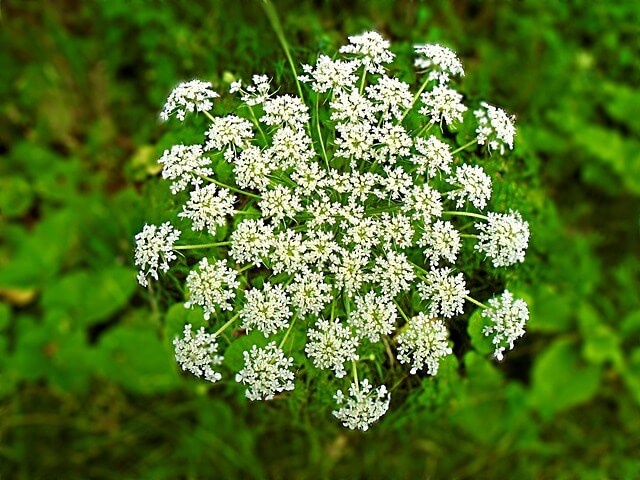
One of the world’s most famous poisonous plants, hemlock is a serious concern in the UK. To help you avoid it, we’ve put together this guide on how to identify it.
More...
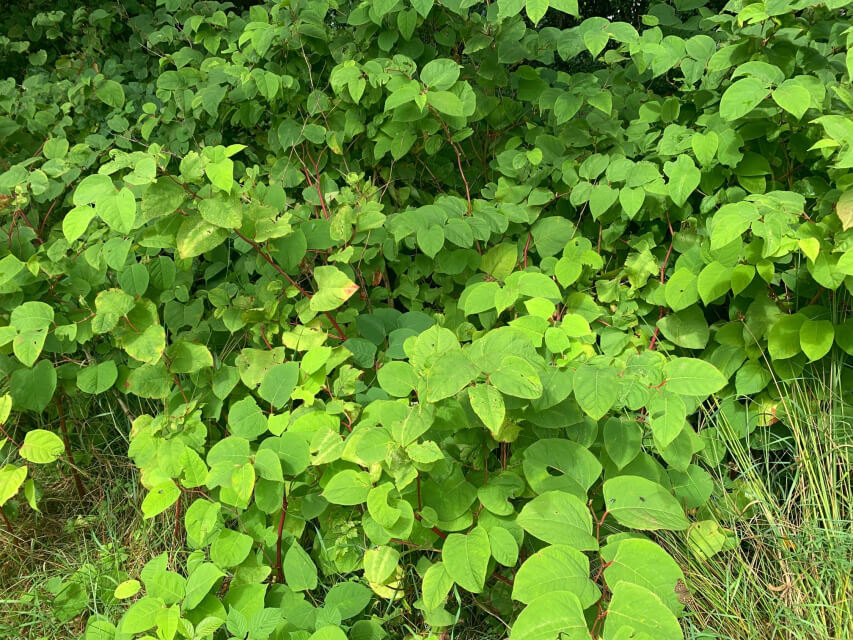
In the fight to control Japanese knotweed, scientists have discovered a new method: Aphalara itadori, a tiny jumping insect from Japan that eats the invasive plant.
More...
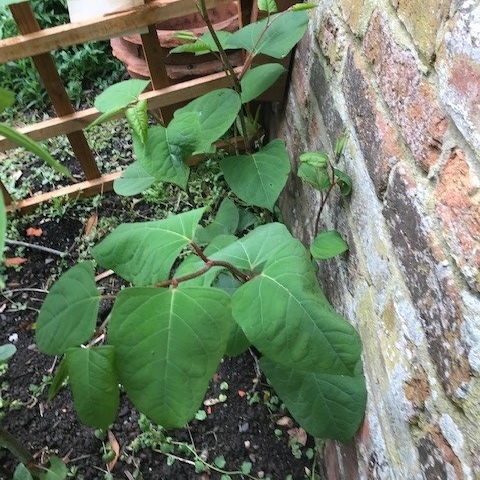
SHORT ANSWER: Yes, you must declare Japanese knotweed when selling a house. Failure to do so can result in legal action from the buyer.
More...
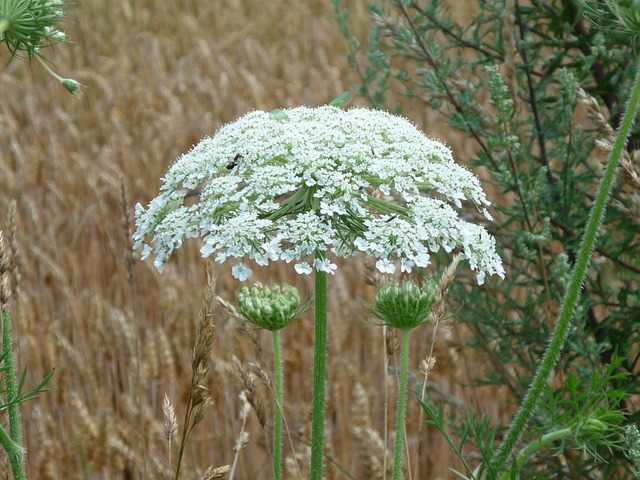
UK gardens are plagued by an assortment of unwanted plants. One of these is giant hogweed. It is dangerous to touch, so we’ve put together this guide to identifying it so you can have any trace of it on your property safely removed by professionals.
More...
